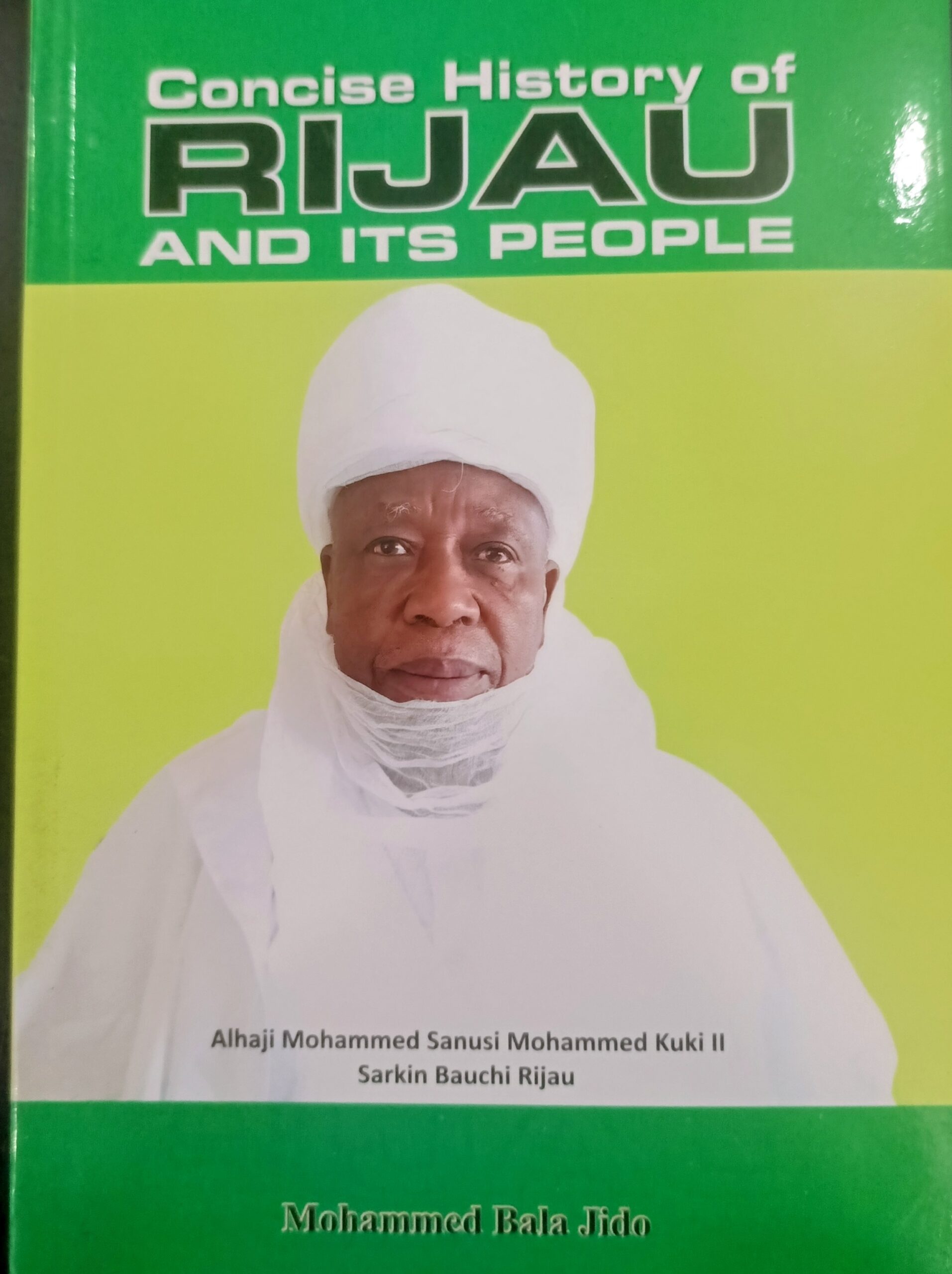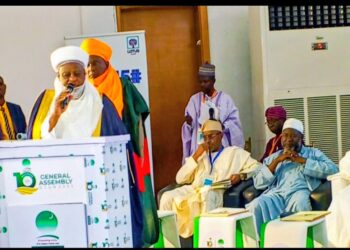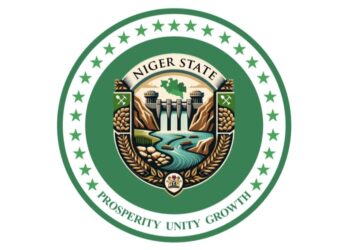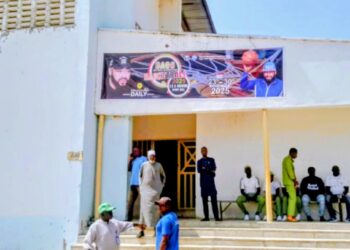Author Withdraws Controversial Book Following Concerns from Indigenous Communities.
By Yahaya zakka Minna.
Mallam Mohammed Bala Jido, the author of “A Concise History of Rijau and Its People,” has decided to withdraw the publication due to significant objections from the indigenous communities of Rijau, specifically the Dukkawa, Dakarikari, and Kambari groups.
During a press briefing at the Ministry of Health conference hall in Minna, it was announced that preparations for the book launch were underway when concerns about the content were raised. This prompted an urgent meeting with legal counsel and representatives from the indigenous groups.
Bala Jido acknowledged that the communities expressed dissatisfaction, especially regarding the fact that they were not consulted during the writing process. This lack of consultation was particularly concerning as it pertained to the traditions and histories significant to their culture.
Recognizing these concerns, Jido admitted he failed to engage with the indigenous peoples during the research phase. He understands the need for corrections and has expressed his willingness to collaborate with the local communities to develop a new, inclusive book that accurately reflects their historical narratives.
He officially declared the book null and void, advising against any references to it. Jido also warned that unauthorized use of the material would result in legal consequences.
This situation underscores the importance of collaboration and respect for diverse cultural perspectives in historical documentation.
The author’s decision marks a significant step towards fostering dialogue and understanding between him and the indigenous people of Rijau.
In an effort to preserve and accurately represent the rich cultural heritage of Rijau, Honorable Isah Abdullah Abara, representing the Indigenous Tribes of Rijau, announced a formal Memorandum of Understanding (MOU) during the briefing with the author.
During the briefing, Honorable Abara emphasized the importance of cultural integrity and the need for accurate historical documentation.
The MOU outlines a cooperative effort to address discrepancies identified in the existing book, which the tribes contend contains inaccuracies due to errors in sourcing and a lack of consultation with local cultural custodians.
Key components of the MOU include:
1.Withdrawal of the Book:The author has agreed to withdraw “A Concise History of Rijau and Its People,” halting all distribution and promotional efforts to prevent the dissemination of inaccurate information.
2. Retraction of Content:The author will retract all materials related to the book and will not allow its use as a reference or authoritative source moving forward.
3.New Historical Account:The Indigenous Tribes will lead the writing of a new historical account focused on Rijau, pending approval from tribal leaders.
According to Honorable Abara, this initiative reflects a commitment to ensuring accurate representation by consulting recognized custodians of the area’s cultural heritage.
The project to create a new book will commence only after receiving written consent from the tribal leaders, ensuring that tribal leadership maintains oversight over the cultural narrative being presented.
The MOU specifies that all intellectual property rights related to the new publication will remain with the Indigenous Tribes.
Both parties have agreed to maintain confidentiality regarding the discussions and terms outlined in the MOU.
This agreement will be governed by Nigerian law, with any disputes expected to be resolved amicably through negotiation and mediation.
This initiative marks a pivotal moment in acknowledging the importance of preserving Rijau’s history and reinforces the tribes’ commitment to safeguarding their cultural heritage for future generations.

















